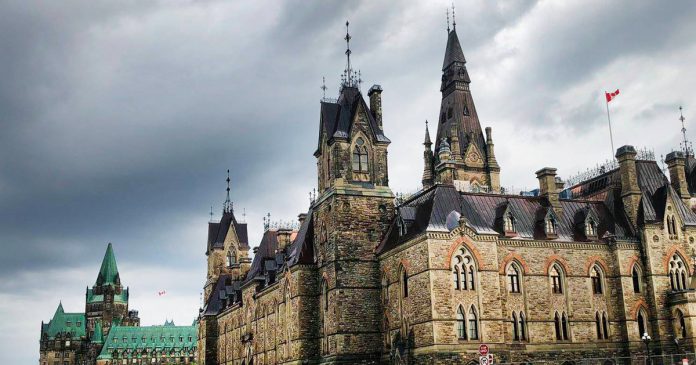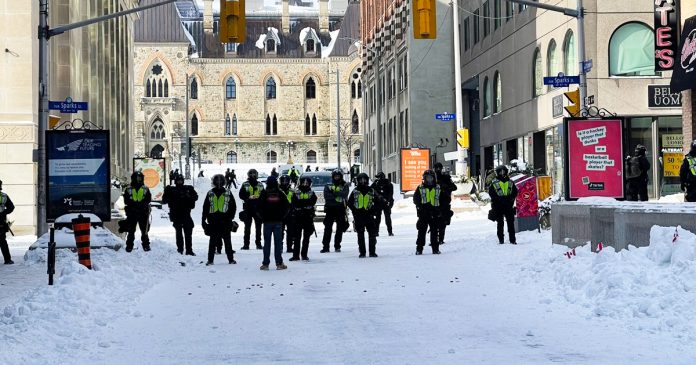Canadians are more discouraged than ever about breaking into the housing market and many believe the federal government isn’t doing enough to address housing affordability, according to a new poll.
An Ipsos poll conducted for Global News found that 63% of Canadians who currently do not own a home have “given up” on ever owning one. The poll also revealed that only 27% of Canadians feel the government is doing enough to address housing affordability.
While 76% of Canadians believe purchasing a home is the best investment choice, seven in 10 believe home ownership is only for the wealthy. This belief was most widely held by Canadians aged 18-24.
A sample of 1,001 Canadians aged 18+ was interviewed. The poll had a margin of error of ± 3.5 percentage points.
While home prices in Canada have decreased over the past year, many Canadians are discouraged by high interest rates. 71% of respondents said high interest rates are the reason they’re refusing to enter the housing market.
In an attempt to combat riding inflation, the Bank of Canada has increased its benchmark interest rate in order to curb consumer spending. The central bank has paused further rate hikes after raising interest rates to 4.5%.
The Trudeau government has announced a number of initiatives to help Canadians break into the housing market, including a Tax-Free First Home Savings Account and a recently-launch housing accelerator fund, which encourages municipalities to build homes.
However, Ipsos senior vice-president Sean Simpson says the government’s efforts are not translating into increased confidence among buyers.
“Despite consistently telling governments that housing is a priority, that we need to keep the dream of homeownership alive in Canada, Canadians believe that governments simply aren’t doing enough to act,” Simpson says.



























